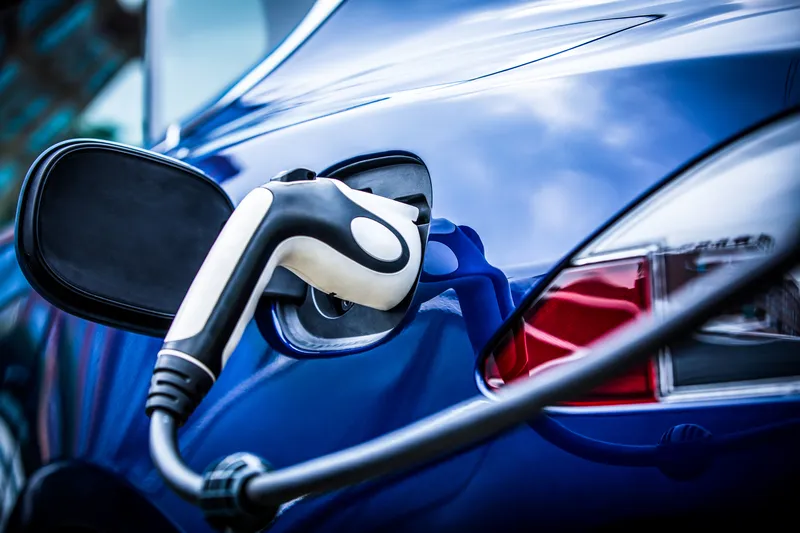The buses will be operated by Nettbuss, a subsidiary of the Norwegian State Railways, NSB. The two charging stations will be built at both ends of a 14-kilometre bus line and will power six fully-electric buses. With 10-minute charging, the buses will run every 15 minutes, making 100 journeys each day. ABB’s fast-chargers are connected to the cloud for remote diagnostics and management and receive over-the-air software upgrades to ensure maximum availability.
Trials are due to begin in the final quarter of 2017 and will be carried out in collaboration with public authorities, including the City of Östersund, the municipality of Krokom, the Region Jämtland Härjedalen's Public Transport Authority, the publically owned energy supplier Jämtkraft and the
ABB, Scania trial electric buses in Sweden
Swiss power and automation technology company ABB is to provide two ABB HVC300P fast-chargers for a Scania electric bus trial in Östersund, Sweden. The chargers are based on OppCharge, an open interface for the automated charging of electric buses from any manufacturer, and use a pantograph on the infrastructure to connect the bus to the charging point. The buses will be operated by Nettbuss, a subsidiary of the Norwegian State Railways, NSB. The two charging stations will be built at both ends of a 14-kilo
May 3, 2017
Read time: 2 mins
Swiss power and automation technology company 4540 ABB is to provide two ABB HVC300P fast-chargers for a 570 Scania electric bus trial in Östersund, Sweden. The chargers are based on OppCharge, an open interface for the automated charging of electric buses from any manufacturer, and use a pantograph on the infrastructure to connect the bus to the charging point.









